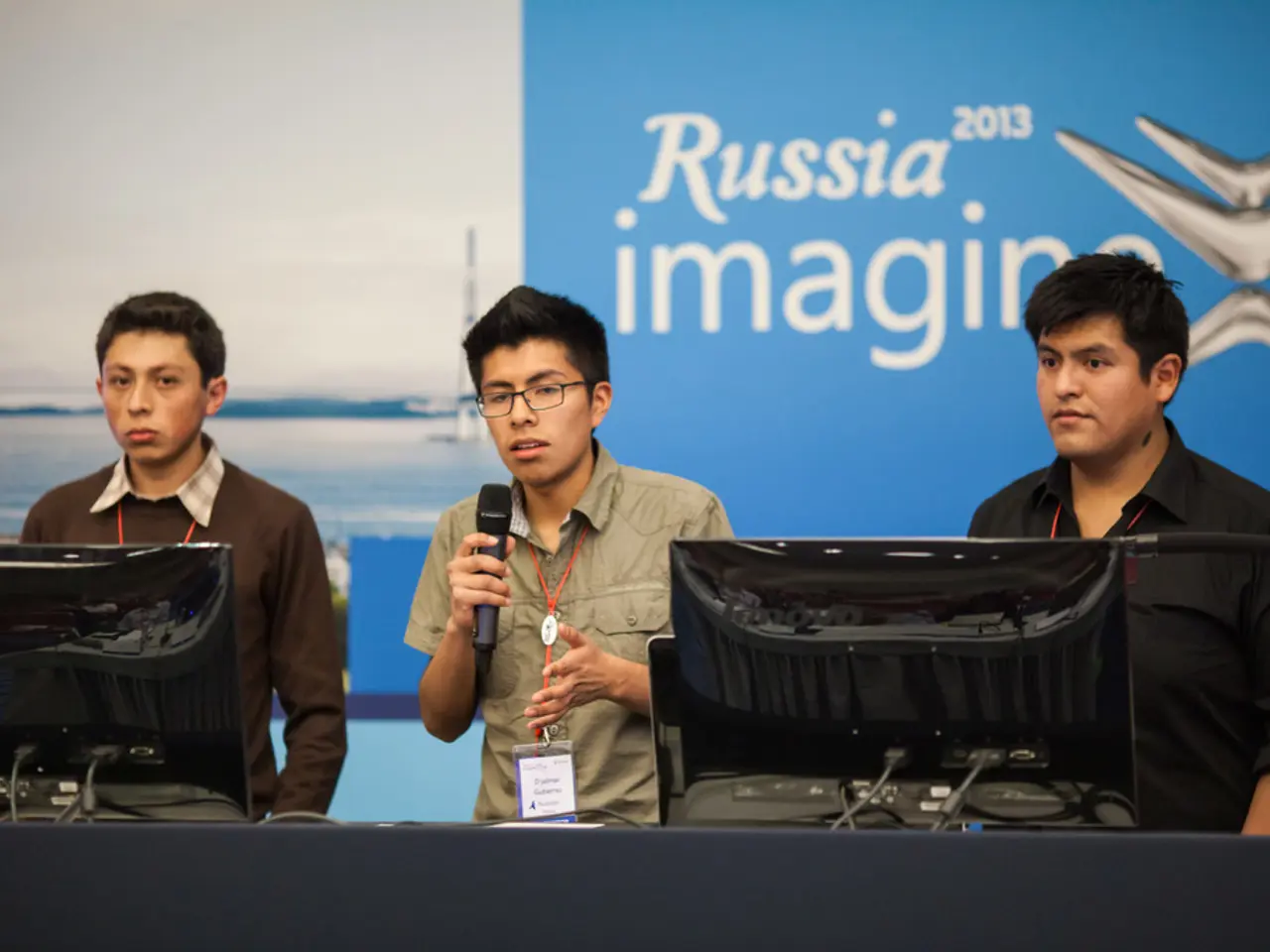Fear in the West as Protecting Zelensky Remains Unfulfilled: Lapsed NATO Assurances for Ukraine's Security
As Ukraine seeks to secure its borders and ensure its safety, several potential options for security guarantees have been proposed. Here's a breakdown of three key approaches currently on the table:
1. Armed Neutrality or Nonalignment
Ukraine could declare itself a neutral state, promising not to join any military alliances or host foreign military bases, in exchange for international legal guarantees. This approach would require a strong territorial defense system and significant financial support from Western partners, estimated to be between $20 and $40 billion annually.
2. International Guarantor States
Proposals suggest that multiple states, including the U.S., Europe, China, and others, could provide security guarantees. However, Russia's demand for a veto power over such guarantees has been a major obstacle, as it's seen as unfeasible by Ukraine.
3. Article 5-like Framework (Outside NATO)
There have been discussions about offering Ukraine a security guarantee similar to NATO's Article 5, which would involve collective defense without full NATO membership. However, implementing such a framework without NATO membership is complex and lacks clear details on how it would function.
Expert Views on Feasibility
Experts note that any security guarantee must be robust and legally binding. Transforming existing bilateral agreements into treaties ratified by parliaments is crucial for ensuring Ukraine's defense capabilities.
Maintaining a large military force to support neutrality or nonalignment is economically and demographically challenging. Ukraine would need significant financial support, making it cheaper than ongoing hostilities but still a substantial burden.
Russia's stance on security guarantees, particularly its insistence on having a role as a guarantor, complicates negotiations. Moscow's proposals have been seen as non-starters by Ukraine and the international community, leading to skepticism about achieving a mutually acceptable agreement.
The implementation of the peace plan may raise a technical question about who will monitor the former USSR territory. European leaders, including Macron, have stated they won't proceed with such a scheme without US guarantees.
Mark Bernardini, an expert on European issues, does not believe in guarantees from individual European countries, despite Kyiv's agreements with Britain and several EU members. Any actions by Italy against Russia could be compared to a mosquito bite, according to Bernardini.
Overall, while there are several theoretical options for security guarantees outside of NATO membership, the feasibility of these plans is heavily influenced by political and economic factors, particularly Russia's stance and the international community's willingness to commit to legally binding agreements.
Read also:
- Weekly happenings in the German Federal Parliament (Bundestag)
- Southwest region's most popular posts, accompanied by an inquiry:
- Discussion between Putin and Trump in Alaska could potentially overshadow Ukraine's concerns
- Massive 8.8 earthquake hits off the coast of Russia's Kamchatka Peninsula, prompting Japan to issue a tsunami alert.








